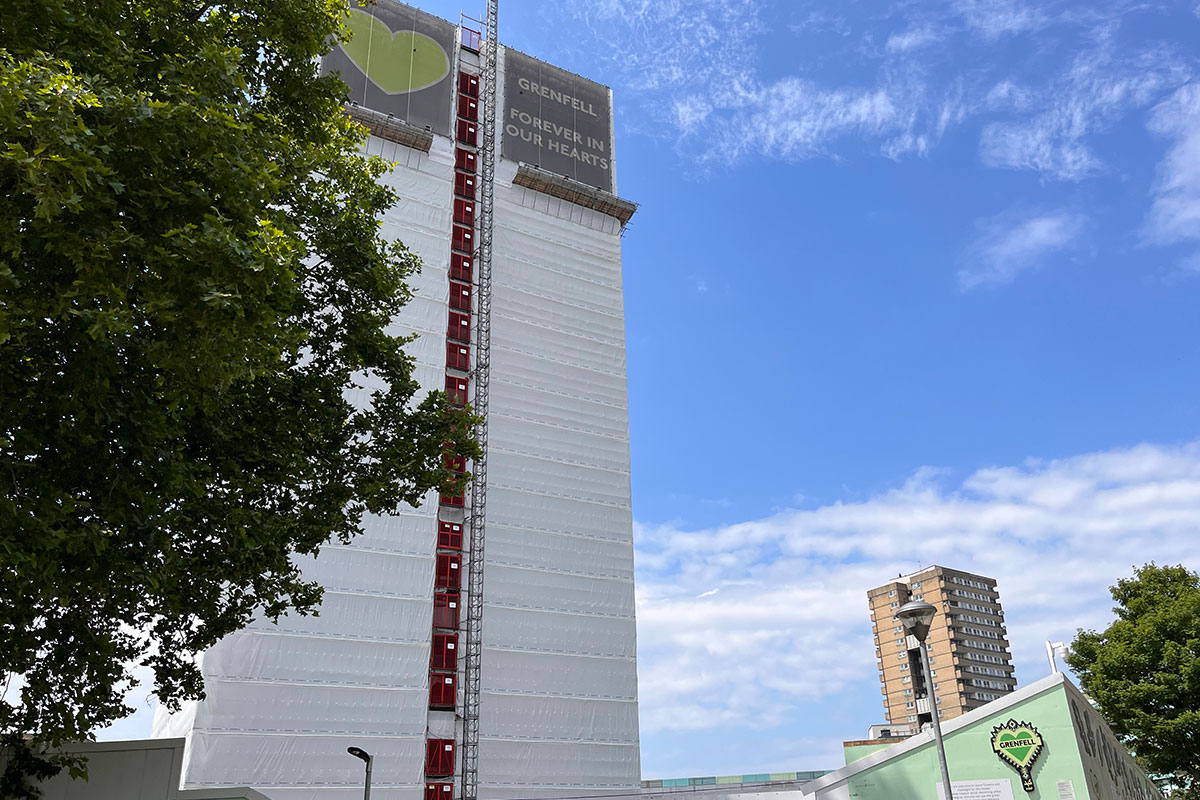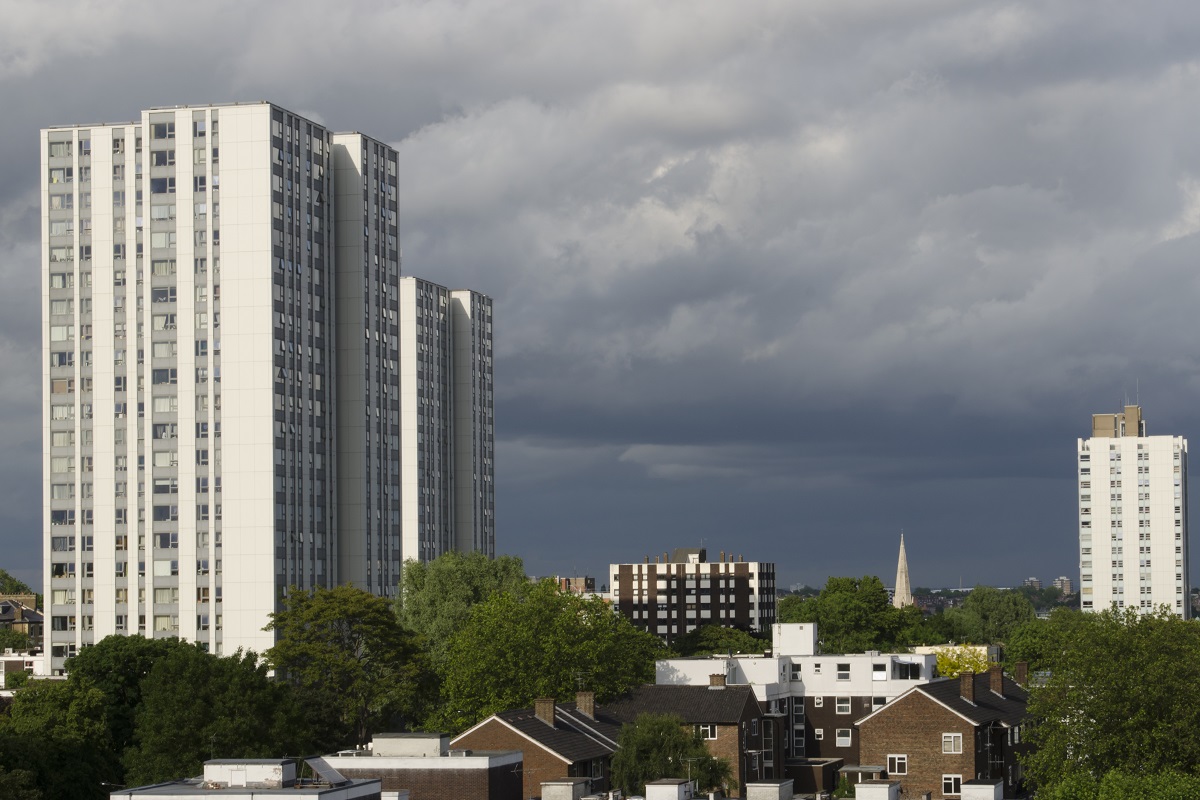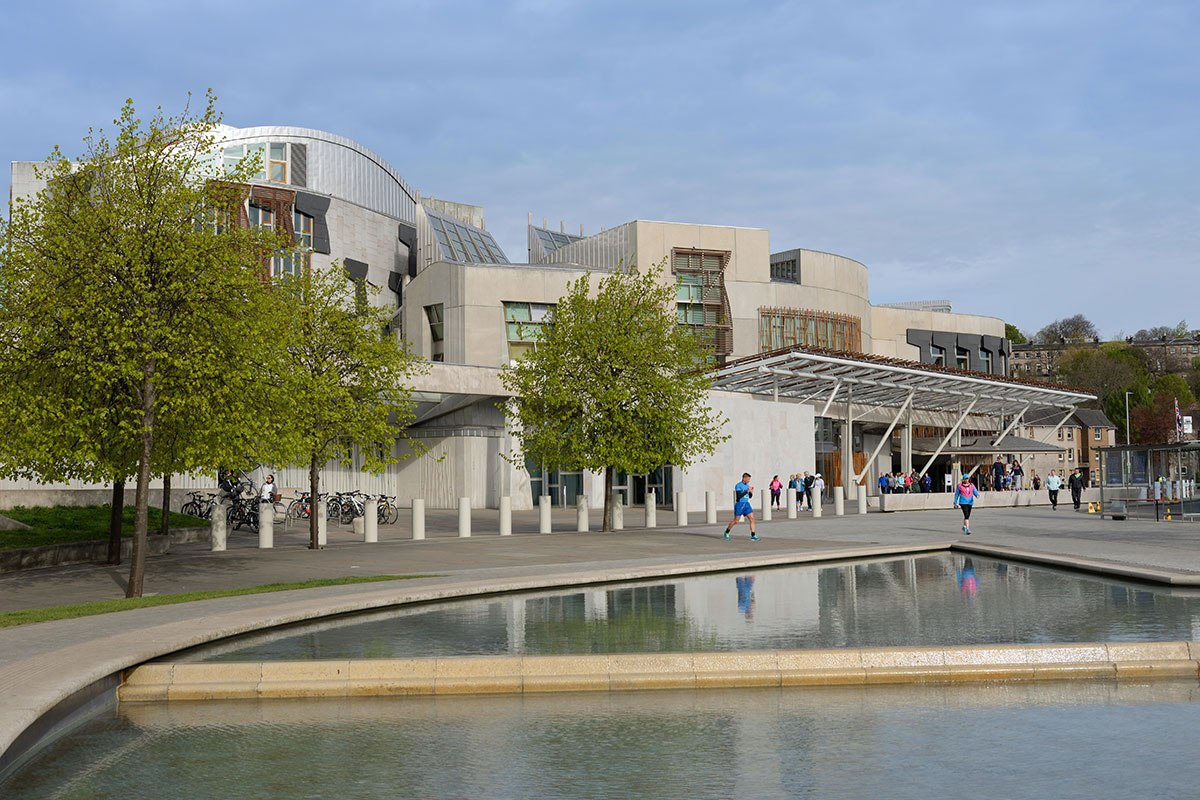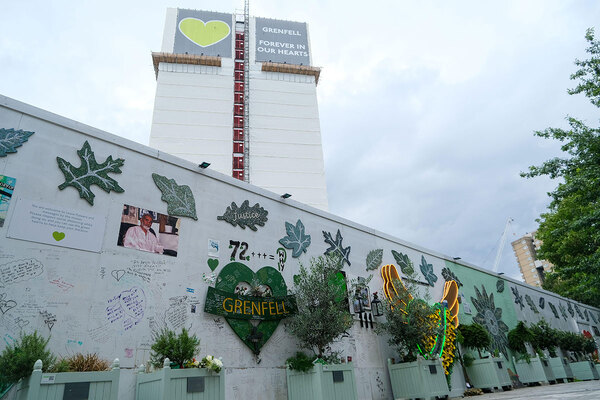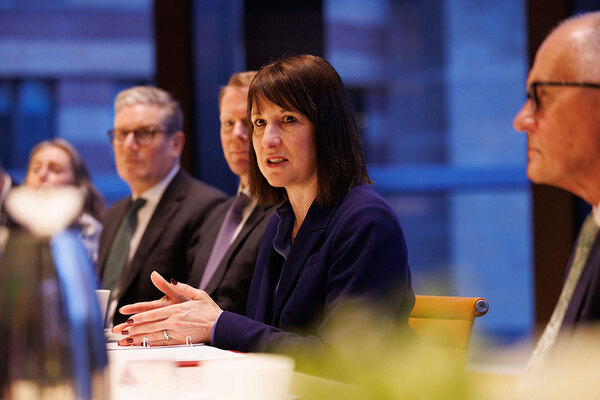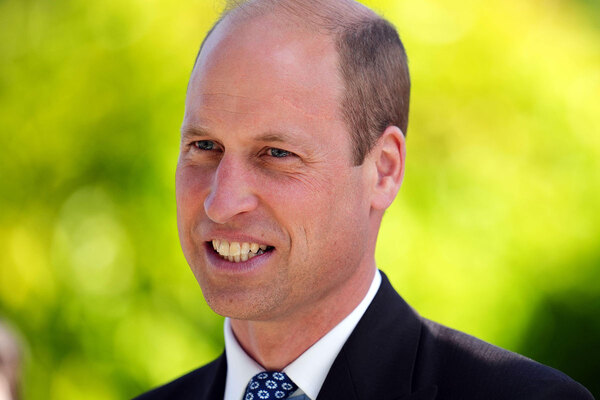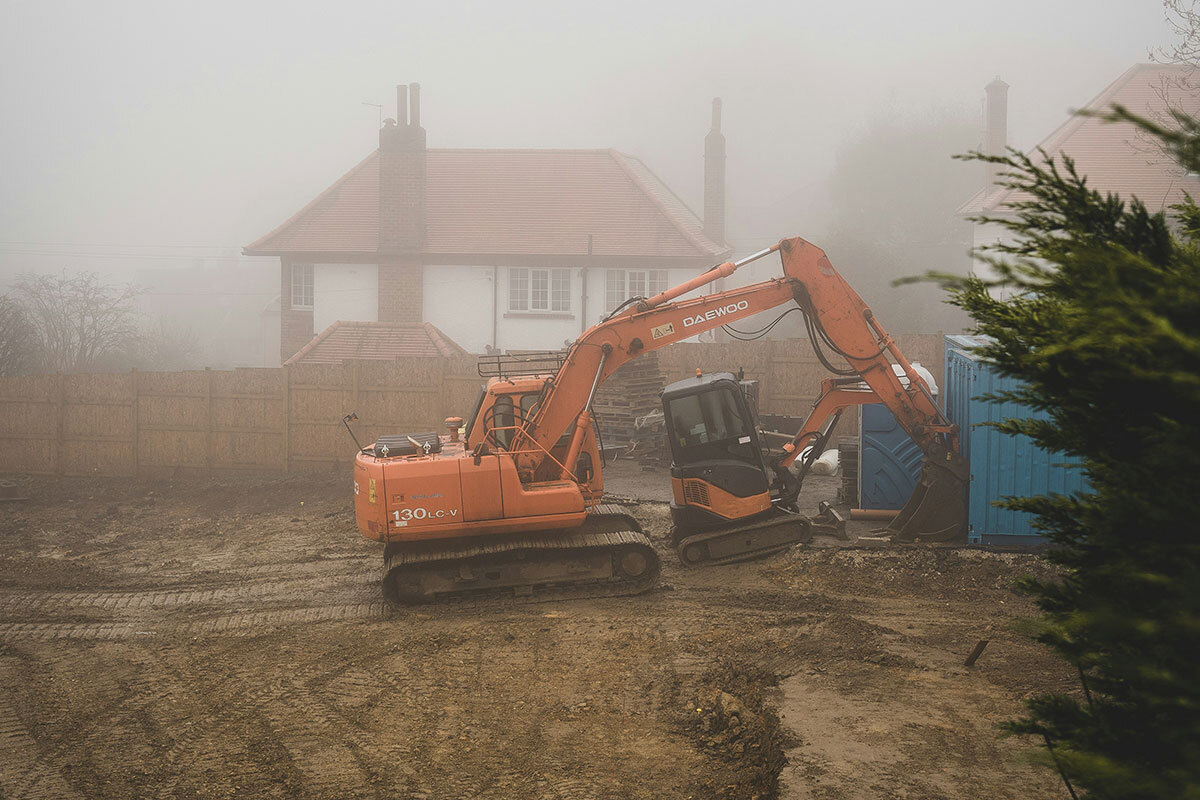Medium-rise buildings with dangerous cladding can apply for funds as long-awaited scheme opens
A new funding scheme has been opened for applications by the English government, with money to be made available for buildings between 11 and 18 metres for the first time.
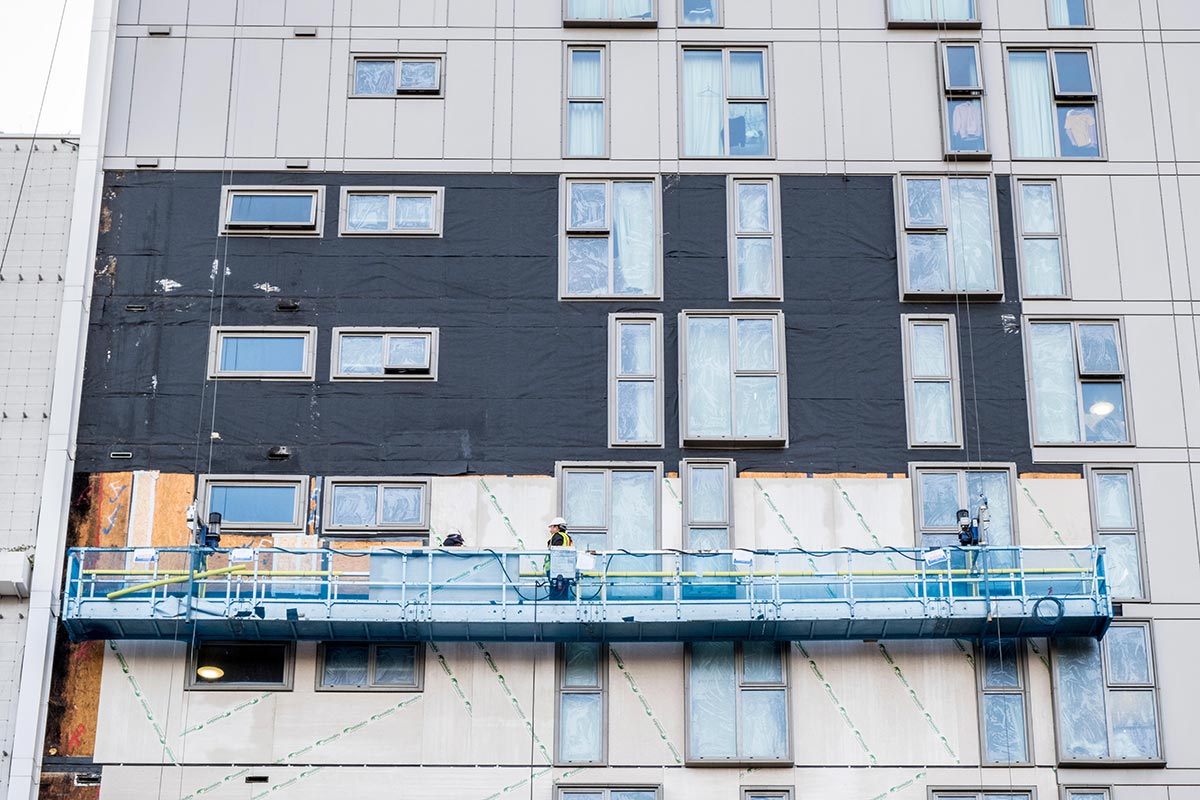
The Cladding Safety Scheme (CSS) will provide funding to remediate unsafe cladding on blocks in England where a responsible developer cannot be identified, traced or held responsible. It is now available for all eligible buildings taller than 11 metres outside of London and 11 to 18 metres within the Greater London area.
The Greater London Authority will continue to operate the Building Safety Fund for buildings taller than 18 metres.
It follows a government pilot scheme launched in November last year to remove unsafe cladding from a small group of ‘orphan’ medium-rise buildings.
Called the Medium-Rise Scheme and delivered by Homes England, it was rebranded in June 2023 to the CSS.
This week, a government update revealed that following a successful pilot period, it is now ready to open the CSS in full.
The scheme, which aims to protect leaseholders from huge repair bills, is being funded by the £3bn Building Safety Levy, which will raise funds from developers of new homes to fund the remediation work.
To date, 49 developers have signed the government’s building safety remediation contract, therefore committing to pay for the remediation of buildings taller than 11 metres that they had built or had a role in developing or refurbishing over the past 30 years.
The CSS will provide cash where a responsible developer cannot be "identified, traced or held responsible", the government said.
Only the person or organisation legally responsible for a building’s external repair and maintenance – known as the ‘responsible entity’ – can accept funding from the CSS. This could be the freeholder, head leaseholder, right to manage company, resident management company or registered provider of social housing, depending on the circumstances.
Social housing providers will be allowed to access the scheme on the same terms as the existing Building Safety Fund, meaning they will be allowed to recoup costs they would have passed on to leaseholders, but not the full cost of remediating the cladding.
Non-cladding defects, such as balconies, missing fire breaks and internal defects, are outside the scope of the CSS in all buildings.
Blocks will be assessed through a fire risk assessment carried out in line with the British Standards Institute’s PAS 9980 standard, to ensure that recommended work is proportionate and the funding is properly targeted.
According to the guidance, successful applicants must consider the impact of building safety works on leaseholders and residents and take reasonable steps to minimise the impact on those living in the building.
The government has excluded buildings below 11 metres from the funding, saying that remediation work should only be needed in such a small number of buildings and that providing funds would be “neither proportionate or needed”.
But the PAS 9980 guidance contains no such restriction, meaning assessors may well deem a block smaller than 11 metres in need of remediation work. This would result in leaseholders facing bills for the work with no protection or recourse to government funds.
The government provided funds for buildings taller than 18 metres with aluminium composite material cladding – the material used on Grenfell – in spring 2019.
The latest data showed that 468 buildings in this category have either started or completed works, out of a total of 490. Of these, 364 have completed.
The government opened another fund for buildings taller than 18 metres with other types of dangerous cladding in spring 2020.
Progress has been much slower among these blocks, with 3,493 registering for funds and 1,022 continuing with an application for funding. Just 264 of these buildings have started work and only 39 have completed.
The funding opened today is the first to be made available for medium-rise buildings, with many thousands of blocks expected to be impacted.
Sign up for our fire safety newsletter
Already have an account? Click here to manage your newsletters
